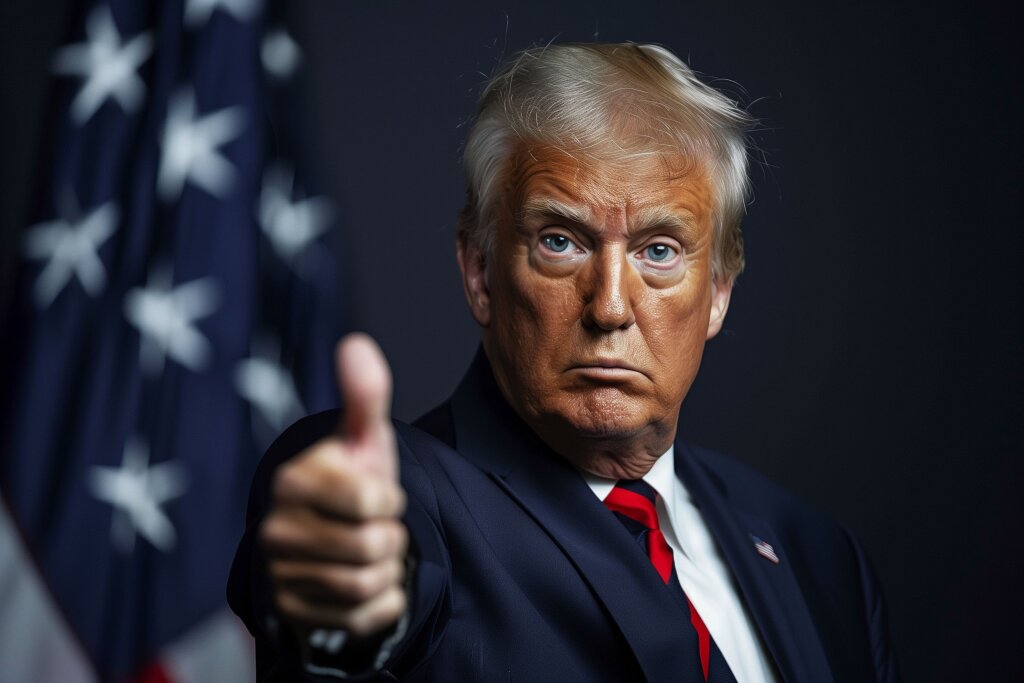
President Donald Trump hosted congressional leaders and families affected by the fentanyl crisis on Wednesday to sign bipartisan legislation aimed at increasing prison sentences for fentanyl traffickers.
The Halt All Lethal Trafficking of Fentanyl Act, recently passed by Congress with strong bipartisan support, is a key priority for the administration. Trump has linked the fentanyl epidemic to broader national security concerns, including tariff threats against Canada, Mexico, and China.
The bill places all fentanyl-related substances—including synthetic “copycat” versions—under Schedule I of the Controlled Substances Act, adding them to the DEA’s list of the most dangerous drugs.
According to a White House document:
“Under the HALT Fentanyl Act, anyone who possesses, imports, distributes, or manufactures any illicit fentanyl-related substances will face criminal prosecution comparable to other Schedule I substances.”
“First, we close loopholes criminals use to skirt the law. Second, we make it easier for law enforcement to prosecute those criminals.”
Support and Concerns
The signing event included families who have lost loved ones to fentanyl, such as Anne Funder, who lost her 15-year-old son; Gregory Swan, founder of Fentanyl Fathers after his son’s death; and Jacqueline Siegel, who created Victoria’s Voice after losing her daughter to overdose.
While the bill has broad bipartisan backing, some critics worry it may lead to harsh penalties for many struggling with addiction, disproportionately impacting Black Americans.
House Speaker Mike Johnson and Republican Senators Chuck Grassley and Bill Cassidy, who co-sponsored the bill with Democratic Senator Martin Heinrich, attended the ceremony. Several supporting organizations were also present, including the Fraternal Order of Police and immigration-related groups.
Author’s Opinion
Strengthening penalties against fentanyl traffickers is necessary to tackle the epidemic, but lawmakers must avoid penalizing those struggling with addiction. A balanced approach combining enforcement with expanded addiction treatment and prevention is crucial to save lives and reduce social harm.
Featured image credit: Marco Verch via CCNull
For more stories like it, click the +Follow button at the top of this page to follow us.
